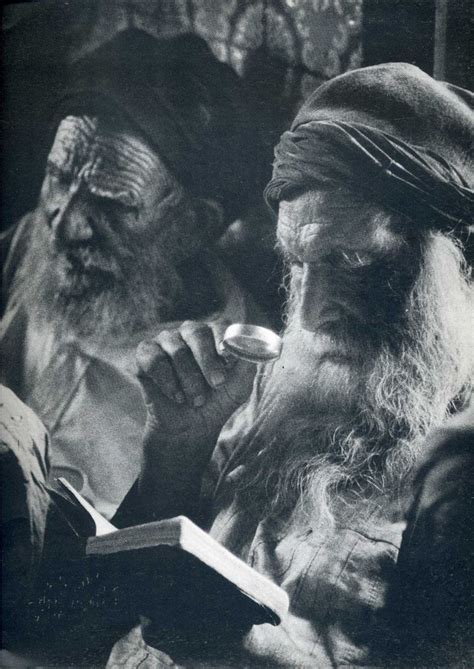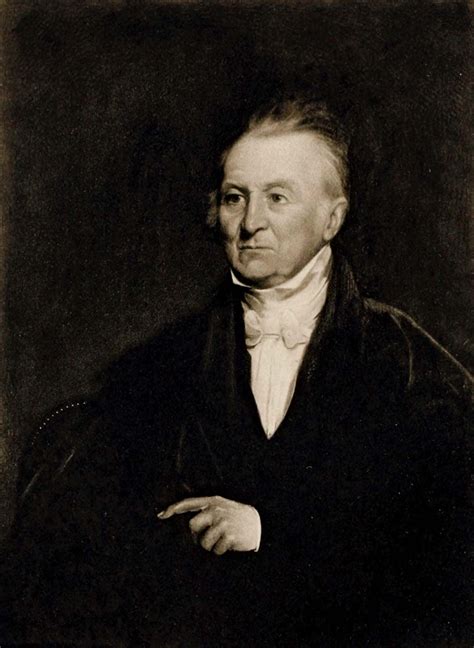A Quote by Walter J. Phillips
A landscape painting in which composition is ignored is like a line taken from a poem at random: it lacks context, and may or may not make sense.
Related Quotes
The 'idea' for the poem, which may come as an image thrown against memory, as a sound of words that sets off a traveling of sound and meaning, as a curve of emotion (a form) plotted by certain crises of events or image or sound, or as a title which evokes a sense of inner relations; this is the first 'surfacing' of the poem. Then a period of stillness may follow.
It was early on in 1965 when I wrote some of my first poems. I sent a poem to 'Harper's' magazine because they paid a dollar a line. I had an eighteen-line poem, and just as I was putting it into the envelope, I stopped and decided to make it a thirty-six-line poem. It seemed like the poem came back the next day: no letter, nothing.
The art of the poem nowadays is something unstable; but at least the construction of the poem should make sense; you should know where you stand. Many questions haven't been answered as yet. Our poets may be wrong; but what can any of us do with his talent but try to develop his vision, so that through frequent failures we may learn better what we have missed in the past.
The statement of ideas in a poem may have to do with logic. More profoundly, it may be identified with the emotional progression of the poem, in terms of the music and images, so that the poem is alive throughout. Another, more fundamental statement in poetry, is made through the images themselves those declarations, evocative, exact, and musical, which move through time and are the actions of a poem.
I think what gets a poem going is an initiating line. Sometimes a first line will occur, and it goes nowhere; but other times - and this, I think, is a sense you develop - I can tell that the line wants to continue. If it does, I can feel a sense of momentum - the poem finds a reason for continuing.
In a sense, the first (if not necessarily the prime) function of a novelist, of ANY artist, is to entertain. If the poem, painting, play or novel does not immediately engage one's surface interest then it has failed. Whatever else it may or may not be, art is also entertainment. Bad art fails to entertain. Good art does something in addition.
The way in which the photograph records experience is also different from the way of language. Language makes sense only when it is presented as a sequence of propositions. Meaning is distorted when a word or sentence is, as we say, taken out of context; when a reader or listener is deprived of what was said before, and after. But there is no such thing as a photograph taken out of context, for a photograph does not require one. In fact, the point of photography is to isolate images from context, so as to make them visible in a different way.
































